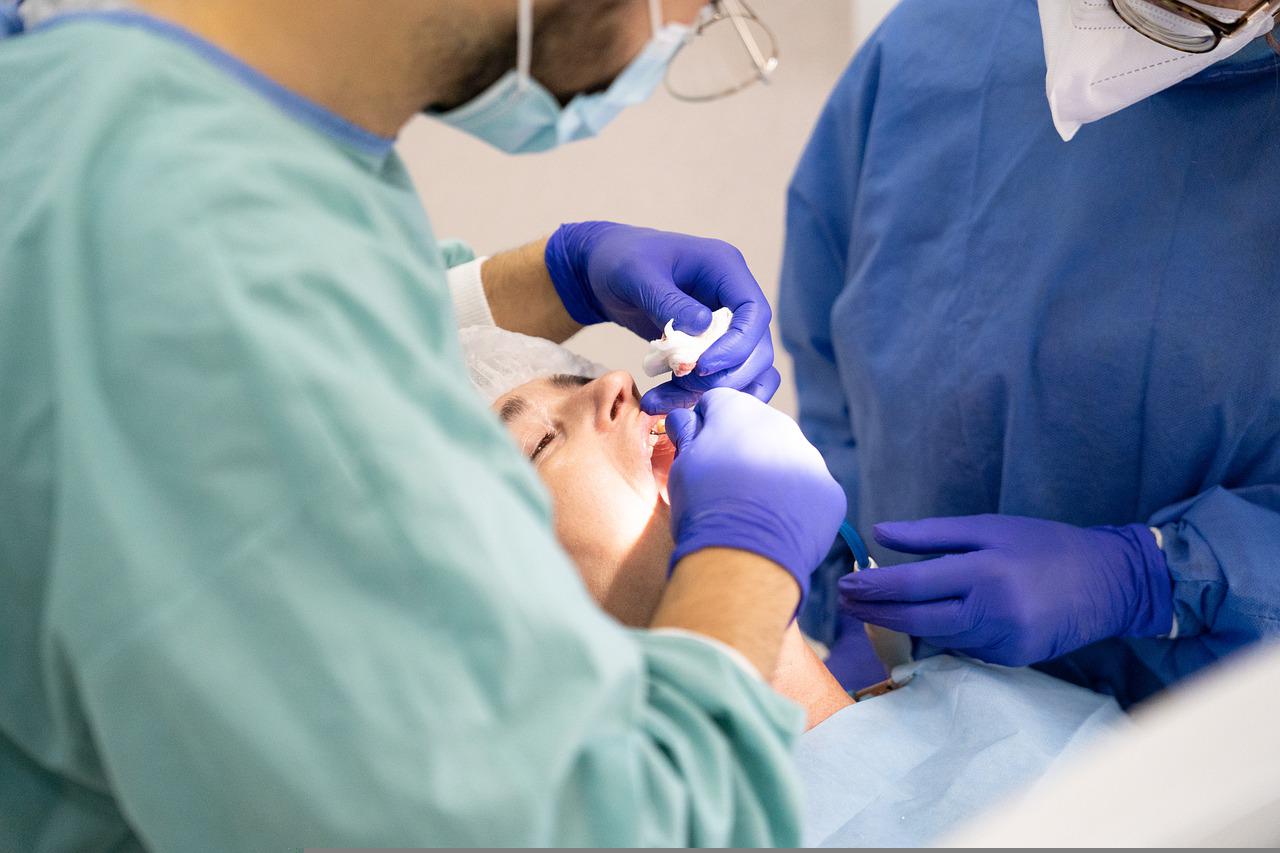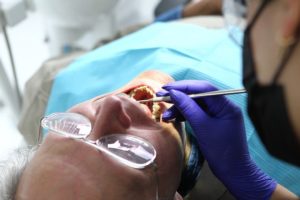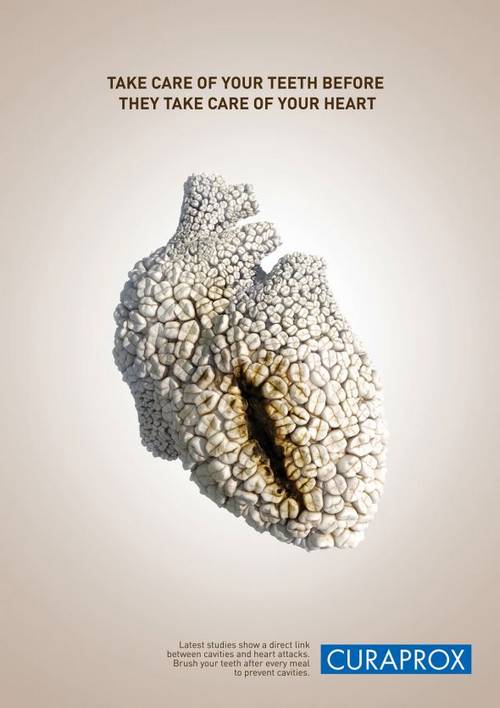Common Signs of Poor Oral Hygiene and What to Do About Them

Maintaining good oral hygiene is vital for your overall health. Not only does it keep your teeth and gums healthy, but it can also help prevent other diseases from developing. Unfortunately, many people do not brush and floss regularly, leading to several oral health problems. This blog post will discuss some common signs of poor oral hygiene and what you can do about them.
Plaque Build Up
 One of the most common signs of poor oral hygiene is plaque build-up. Plaque is a sticky film of bacteria that forms on your teeth and gums. If not removed, it can harden and become tartar, which is much more difficult to remove. You may not be able to see plaque, but you can usually feel it when you run your tongue over your teeth. If plaque is not removed, it can lead to tooth decay and gum disease.
One of the most common signs of poor oral hygiene is plaque build-up. Plaque is a sticky film of bacteria that forms on your teeth and gums. If not removed, it can harden and become tartar, which is much more difficult to remove. You may not be able to see plaque, but you can usually feel it when you run your tongue over your teeth. If plaque is not removed, it can lead to tooth decay and gum disease.
Dry Mouth
A dry mouth, also called xerostomia, is another common sign of poor oral hygiene. A dry mouth occurs when salivary glands do not produce enough saliva. Saliva is important because it helps to remove food and bacteria from your mouth. Without enough saliva, you are at a higher risk of developing cavities and other oral health problems. You can do several things to treat dry mouth, including sipping on water throughout the day, chewing sugar-free gum or sucking on sugar-free hard candy, avoiding tobacco products and alcohol, and using a saliva substitute or mouthwash.
Gum Disease
Another common sign of poor oral hygiene is gum disease. Gum disease is the infection of gums that may lead to tooth loss. Gum disease in early stages are known as gingivitis, while the more advanced stages are called periodontitis. Symptoms of gum disease include: red, swollen, or tender gums, bleeding when brushing or flossing, receding gums, persistent bad breath

Tooth Sensitivity
 If you have sensitive teeth, you may experience discomfort when you eat or drink hot or cold beverages and food. This is another common sign of poor oral hygiene. Sensitive teeth can be caused by several things, including tooth decay, gum disease, worn-down enamel, and cracked teeth. There are several common signs of poor oral hygiene.
If you have sensitive teeth, you may experience discomfort when you eat or drink hot or cold beverages and food. This is another common sign of poor oral hygiene. Sensitive teeth can be caused by several things, including tooth decay, gum disease, worn-down enamel, and cracked teeth. There are several common signs of poor oral hygiene.
If you notice any of these signs, you must see your dentist as soon as possible. Taking good care of your teeth and gums can help prevent serious oral health problems from developing.







